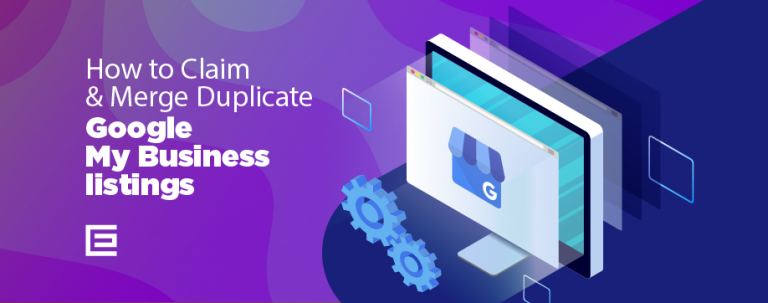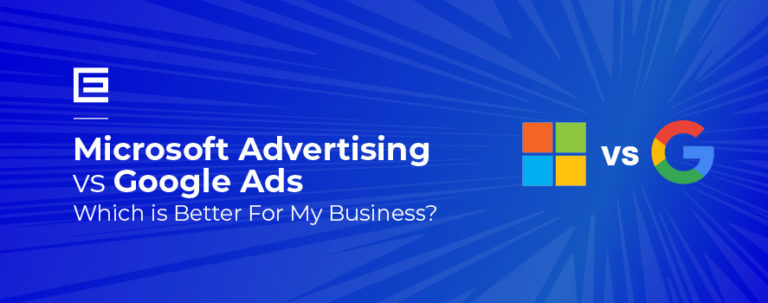How Does Google Chrome Decide What to Block?
Google is basing its ad blocking criteria on the Better Ads Standards set forward by the Coalition for Better Ads, a group created by companies and trade associations interested in improving the ad experience for consumers. Google’s blocker takes the qualities in online advertisements that frustrate people and filters out ads with those qualities. Some of the frustrating attributes that Google blocks are video ads that play at an obnoxious volume, blinking display ads, popups with exit buttons that are difficult to locate, and prestitial ads that cover the majority of a webpage and make it difficult for people to see the content. Google is not, however, blocking anchor ads (ads that stay anchored on the screen and do not move as you scroll through the page). Anchor ads can be on the top or bottom of the screen. According to a survey of 25,000 internet users, approximately 85 percent of mobile users reported that anchor ads did not bother them.How Does the Evaluation Work?
Google gives websites passing, warning, or failing grades. The grades are based on the percentage of people who had poor experiences on the site and on whether the sites adhere to the Better Ads Standards. A site receives a failing grade if 7.5 percent of page viewers had poor experiences on the site in the first two months of the program, 5 percent in the four months following, and 2.5 percent after that. You can view grade assessments online through Google’s Ad Experience Report. If a site receives notice of a violation, it has 30 days to fix it before Chrome will begin blocking ads on the site.What Happens When a Site Receives a Failing Grade?
Once a site receives a failing grade, Chrome will begin blocking ads using a filtering system. First, Chrome’s ad filter checks whether the URL the user is visiting is from a site that has passed the Better Ads Standards. If the site has failed, Chrome then checks the network requests for URL patterns that are known to be related ad content. These requests can be for items such as JavaScript or images. If the one of the network requests matches one of the list of ad-related URLs, Chrome will block the advertisement from appearing on the page. Once an advertisement has been blocked, users on the site will receive a notification on their screen saying that ads have been blocked and asking them if they want to “allow ads on this site.” The user then can choose if they want to see the advertisements.Common Concerns About Chrome’s Ad Blocking
While many might feel that Google’s ad filtering efforts are completely legitimate and helpful to the user, there are some compelling arguments against Google taking ad blocking into its own hands.One Company Having Too Much Sway
Many businesses are concerned about one company having so much control over what users see online. Yes, Google is basing their filtering criteria the the Better Ads Standards, but the creators of these standards are the Coalition for Better Ads, a group where Google holds significant sway. In fact, Google led the research and had a considerable influence over the study that led to the creation of the Better Ads Standards. Many of the companies that are also in the Coalition for Better Ads have reported that Google dominated the creation of the ad blocking criteria and find it suspicious that the majority of Google’s ad revenue comes from methods that are not banned by the Better Ads Standards. Google already has a massive impact on online searches, and this added control over the internet is worrisome for businesses all over the world.The Decision-Making Process Is Too Black and White
Google’s ad blocking software requires have strict guidelines to follow. In the system as it has beens set up, the filtering process is a straightforward practice without any room for ads that may technically violate the Better Ads Standards but should not be filtered. Many businesses are worried that the strict filtering guidelines may lead to some advertisements being blocked that are not annoying or offensive to users. Various companies have requested that Google create an appeals process to give businesses the opportunity to state their cases if they believe that their advertisements have been blocked unfairly. So far, Google has not responded.Future Impact of the Chrome Ad Blocking Feature
It is still unclear exactly how much of an impact Google Chrome’s ad blocking feature will have on the internet, user experience, and other businesses. The concerns that many businesses have are significant, but it is difficult to determine whether they are true threats so soon after the software has been created. If the feature succeeds in creating an online environment that is easier and more appealing to users, however, it could be an overall improvement for businesses and users alike.Contact the PPC Professionals at TheeDigital
If you’re worried that your business might be impacted by Chrome’s ad filtering, contact TheeDigital today. Our PPC professionals can make sure that your remarketing ads meet the Better Ads Standards.Contact our pay-per-click specialists in Raleigh, NC at 919-341-8901 or schedule a complimentary consultation.
Tags: Digital Marketing • Google • Paid Search Marketing



